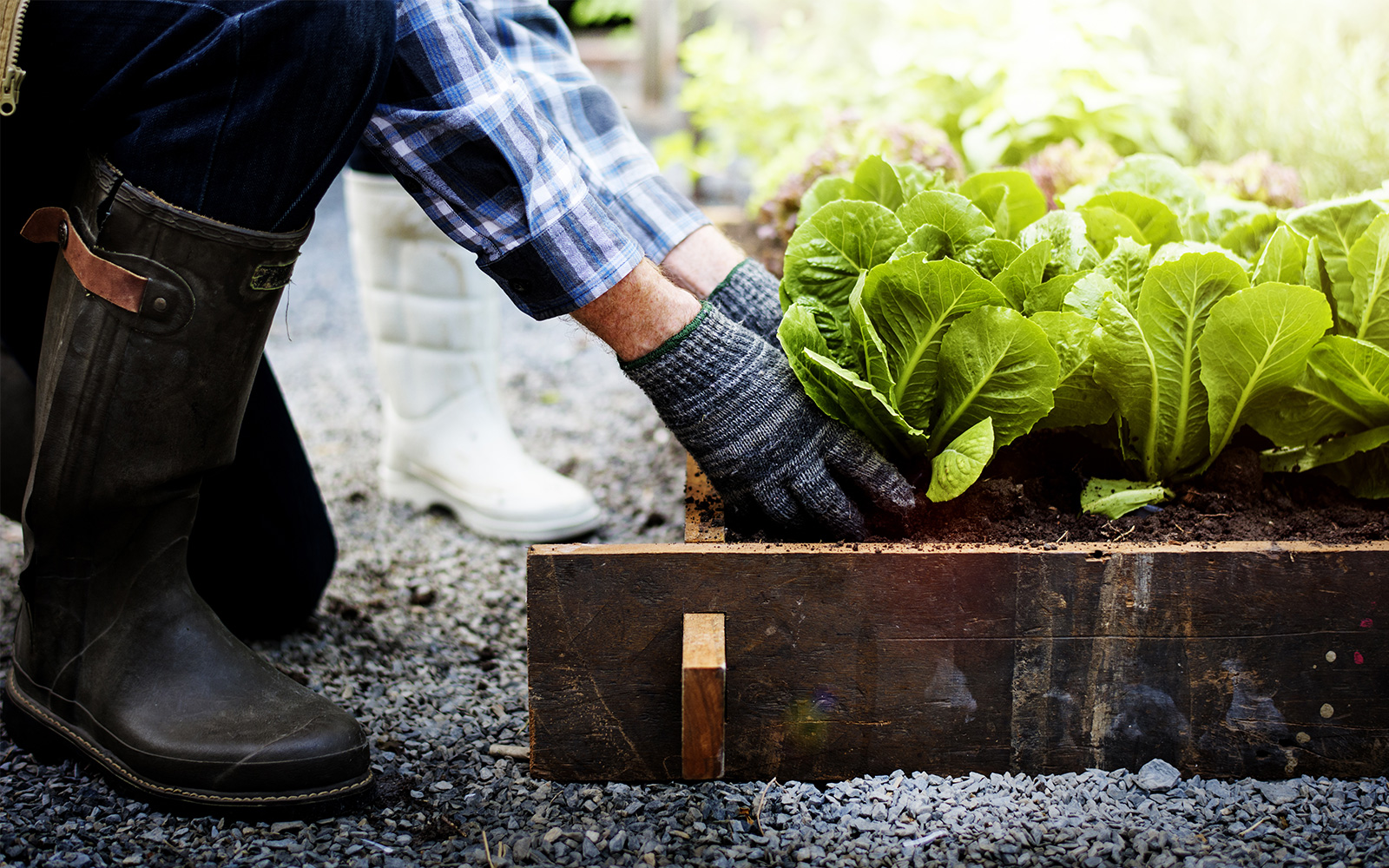Earth Day is a time to turn our attention to our personal consumption habits, and the impact we’re having on the environment. But consumption does not just leave an environmental footprint, it also leaves its mark on our finances. The good news is that many steps we take to improve the environment will improve our financial situation as well — a win-win!
Here are 10 eco-friendly actions you can take that will help you save money.
- Utilities
Turn off the lights! We start off our list with a simple tip — when you leave a room, turn off the lights. When you go to bed, turn down the heat. Anytime you are not using your toaster, phone charger, computer, etc., turn it off and unplug it. Did you know that your appliances are still using power when turned off, but still plugged in? Not only will you reduce your energy consumption, but you will also benefit from lower utility costs.
- Public transit
Gas prices are continually on the rise. And recent global events have resulted in significant increases in prices at the pump. The price of owning and operating a vehicle is one of a household’s largest expenses. Look into the options for public transit in your area. You may be able to use public transit and eliminate the need for a vehicle. Or, you may be able to reduce your carbon footprint and save some money on your next trip into the city, if you take transit and eliminate the gas and parking costs.
- Electric vehicles
Electric vehicles have become so popular, that for most of them, you need to get yourself on a waiting list if you hope to own one. They are trendy, but for good reason. Reducing your reliance on gas-powered vehicles reduces your carbon footprint while saving the dollars spent at the pump. While the first electric vehicles to hit the market were quite expensive, as more and more car companies release their version of the electric vehicles, we are seeing increasingly more affordable options. You will need to crunch the numbers to see if the added up front cost of purchasing an electric vehicle will save you money over time in gas savings.
- Reuse
We have become a throw-away society. When something was broken, or not in use, it went out with the garbage. But wait! Just a generation ago, we would have tried to fix that broken toaster or taken it to a repair shop to have it fixed. It has become cheaper to replace things than to pay for it to be repaired. That said, the next time something breaks, instead of putting it in the garbage, why not try to fix it? There seems to be a YouTube video for everything, so search for a “how-to-fix-??” and see what you can find. If you can’t fix it, at the very least, try to recycle it. Most cities have recycling programs and recycling depots for items that may otherwise end up in the landfill. For household items no longer in use, try to find a new home for them. Many social media channels will give you the opportunity to list used items for sale or for free.
- Grow a garden
Part of the cost of fruits and vegetables comes from the labour to grow and deliver the goods to your local grocery store. You can cut costs by growing herbs and vegetables for yourself. You can reap the rewards of gardening and enjoy fresh produce. Local orchards may let you earn your fruit by offering to do the picking. Or reach out to friends or neighbours with gardens and fruit trees; they often have a surplus.
- Buy local
Whenever possible, try to buy locally made products. Not only are you supporting the local economy, but you are helping the environment by reducing the transportation and delivery aspect. The reduction in costs for delivery will often help to keep the prices of locally made items at a more affordable price.
- Bring your own bag/cup
It is very common these days to be charged a fee if you want your shopping purchases bagged. You can save this cost (and reduce the plastic bags circulating in our environment) by choosing to bring your own re-usable bag with you on your shopping trips. One tip is to keep a few re-usable bags in your purse or car so that they are ready at hand.
Many take-out restaurants and coffee shops are also charging for disposable cups. Bring your own re-usable cup to save this fee and reduce the waste associated with take-out. Some locations will even offer a price discount if you supply them with your own re-usable cup. Take advantage of this option — every penny counts!
- Plant-based eating
Some studies show that by becoming vegan you can cut your carbon footprint by up to 60 percent. In addition, and the amount of money that each meal costs can be reduced by up to 25 percent. Did you know that beans and legumes (the most frequently used protein substitutes) are quite inexpensive compared to meat?
- Return it for money
As kids, we used to collect pop bottles and return them to the local 7-11 store to earn money for slurpees. Nowadays the money you can earn from deposits paid has expanded. Nearly all beverage containers have a deposit or recycling fee charged on them. Instead of recycling these items, separate them and return them to earn the deposit back. The local boy-scouts have been collecting this money for years as part of their fundraising endeavors. You may want to set aside the containers for them during their collection periods, but for the rest of the year, that’s money in your pocket!
- Use your legs
Back to the topic of transportation. Every time you get in your car, you’re spending money on gas. Whenever possible, consider the distance you are driving and whether you could walk or bike the distance instead. You will save that expensive gas costs, save the environment from the fumes of your vehicle and increase your physical activity level at the same time. Scooters have become increasingly popular among the young and old. What a fun way to zip to your next location!
About MNP Debt
MNP is home to the country’s leading team of Licensed Insolvency Trustees, who can help you look objectively at your budget and find ways to improve your financial situation. If you are facing a level of debt that feels impossible to manage, we will work alongside you to find the right solution.



